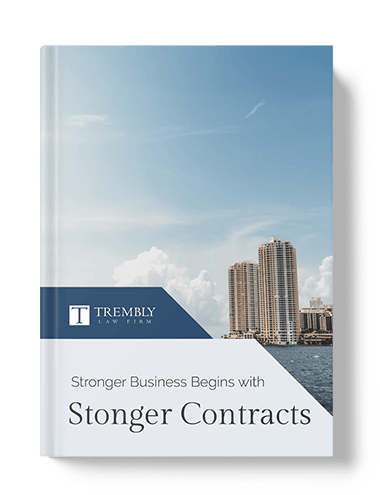When it becomes time to hire contractors or employees, this is an important stage in your business and it can be an exciting one. But it is often fraught with common mistakes if you do not understand the key distinction between an employee or a contractor. These are not one and the same and it is critical to identify the difference. First of all, an employee is someone who:
- Works for only one employer
- Is provided training for the tasks or projects
- Performs duties that are controlled or dictated by others
Independent contractors, on the other hand:
- May have their own employees
- Keep their own business records
- Work with multiple clients at a time
- Invoice only for the work completed
- Advertise their services
- Keep separate business checking accounts
- Set their own hours
- Have their own tools
One of the common reasons that a business just starting out may be considering working with independent contractors as opposed to employees is because it can help reduce labor costs and minimize liability.
It also gives greater flexibility over hiring/firing. However, if you misclassify someone, you may be required to pay any misclassified injured employees workers’ compensation benefits, provide employee benefits, payback penalties and taxes for state and federal income taxes, Medicare unemployment and social security or repay them for wages that should have been paid via the Fair Labor Standards Act, including minimum wage and overtime.
It is strongly recommended that a new business owner consult directly with an experienced small business attorney as well as a human resources specialist to determine whether or not it makes sense to hire an independent contractor or employee. It’s also a good idea to walk through a checklist every single time that you onboard someone new to verify whether or not they are a contractor or whether or not they meet the legal grounds for being an employee.
This can have a significant impact on your business and misclassification could cost you or even cripple your company financially. This is why it makes so much sense to work directly with professionals to determine whether or not you will be working with employees or contractors and how to protect yourself if you have already made mistakes. Consulting with a lawyer and other professionals now can minimize your liability and help you put together better systems and plans for the future.

















